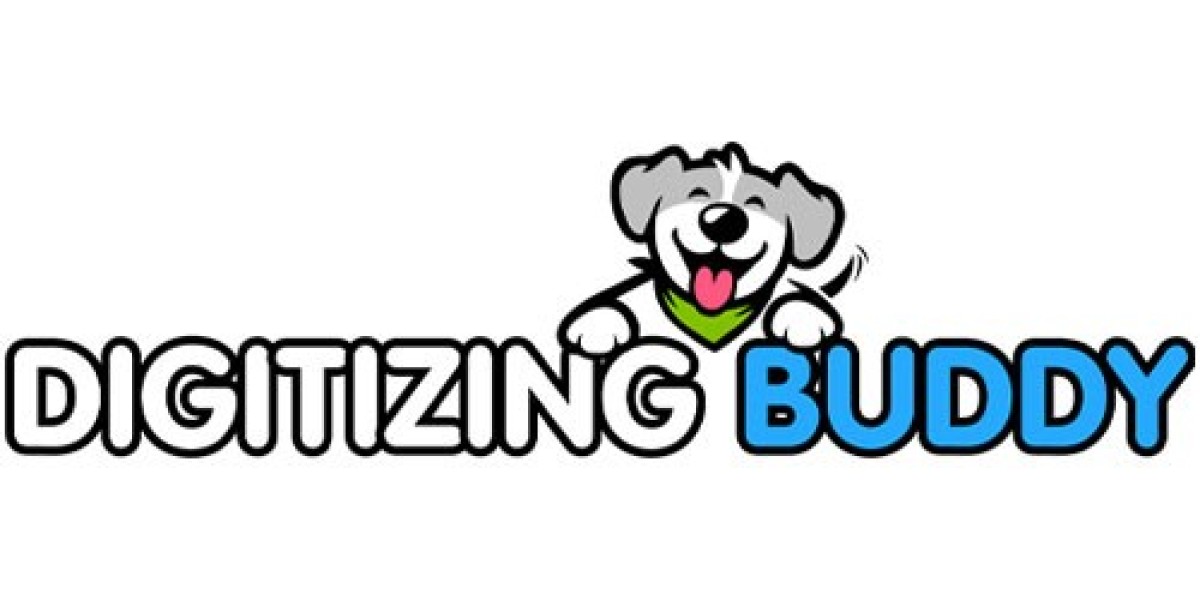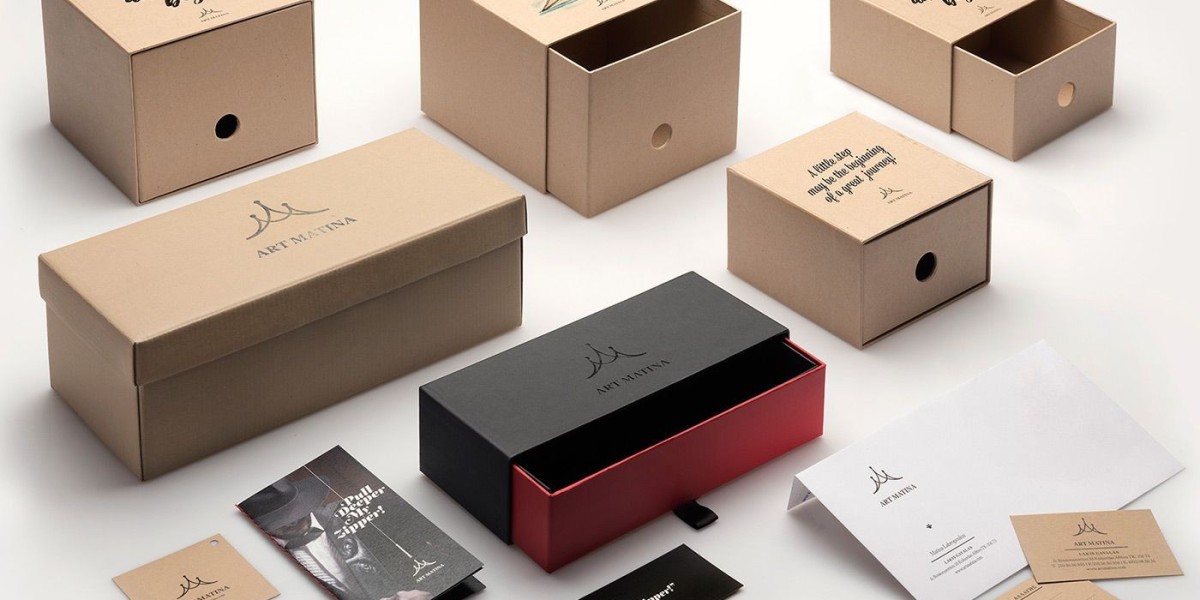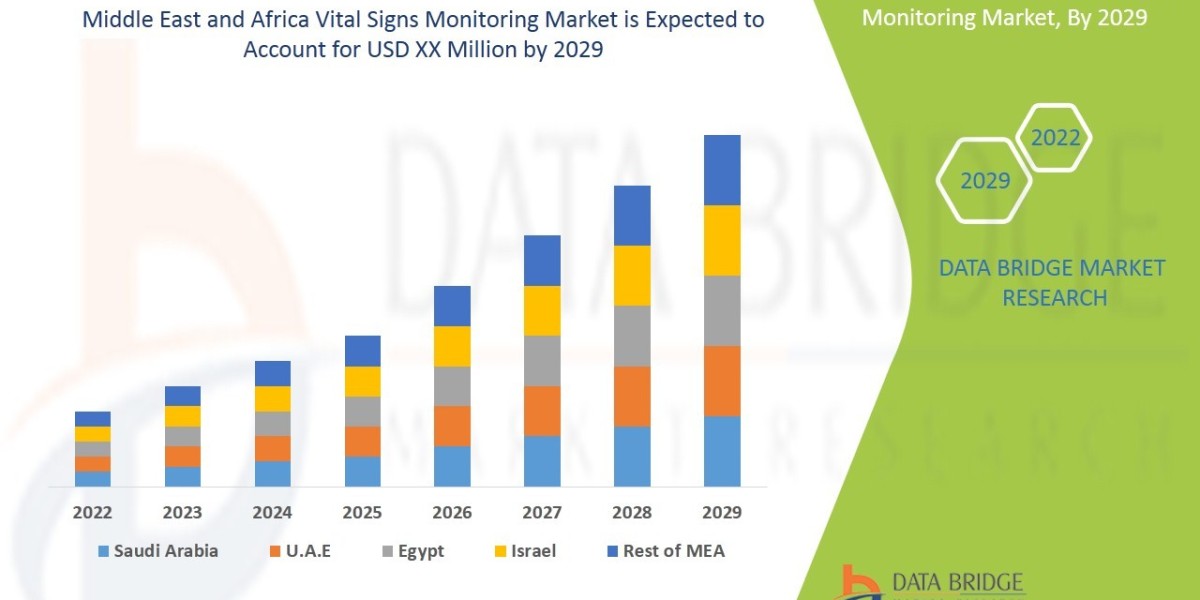Introduction
Shopping for PES file converter software can feel overwhelming. With prices ranging from free to over $1,000, how do you know which solution actually delivers what you need? The wrong choice could leave you with frustrating limitations or files that won't stitch properly.
After testing dozens of options, we've identified the key factors that separate great conversion software from disappointing purchases. In this guide, we'll walk you through:
Must-have features for different skill levels
Hidden costs to watch out for
How free trials can prevent buyer's remorse
Specific recommendations for hobbyists vs professionals
Common conversion problems and how to avoid them
Whether you're converting occasional designs or running a small embroidery business, these insights will help you make a smarter investment.
Core Features to Prioritize
File Format Compatibility
Look for software that handles:
• Input: JPG, PNG, SVG, AI, EPS
• Output: PES (Brother) plus DST, EXP, JEF for other machines
Stitch Control Options
Essential adjustment capabilities:
• Density settings (0.2mm-1.0mm range)
• Underlay type selection
• Pull compensation adjustments
User Interface
Key usability factors:
• Real-time preview window
• Intuitive tool placement
• Customizable workspace
Hidden Costs That Add Up
Upgrade Pricing
Many "affordable" options require paid upgrades for:
• Additional file formats
• Advanced editing tools
• Commercial licensing
Subscription Traps
Watch for:
• Auto-renewing plans
• Feature limitations in "basic" tiers
• Cloud storage upsells
Hardware Requirements
Powerful software may need:
• Graphics card upgrades
• Additional RAM
• External hard drives
Free Trials: What to Test
Conversion Quality
Check for:
• Clean stitch paths
• Proper density distribution
• Accurate color blocking
Workflow Efficiency
Time yourself completing:
• Basic logo conversion
• Multi-hoop project setup
• File export process
Learning Resources
Evaluate:
• Built-in tutorials
• Community forums
• Customer support responsiveness
Hobbyist vs Professional Needs
Best for Beginners ($0-$150)
• SewArt - Simple auto-digitizing
• Embrilliance Essentials - Easy learning curve
• Ink/Stitch - Free open-source option
Best for Professionals ($300-$1,500)
• Hatch Embroidery - Industry standard features
• Wilcom TrueSizer - Advanced editing tools
• Pulse Ambassador - Production optimization
Common Conversion Problems
Design Distortion
Causes:
• Missing pull compensation
• Incorrect fabric settings
• Poor underlay selection
Thread Break Issues
Solutions:
• Reduce stitch density
• Adjust tension settings
• Optimize jump stitches
File Compatibility Errors
Prevention:
• Verify machine specifications
• Check software version compatibility
• Use universal formats when possible
Making Your Final Decision
Ask These Questions:
How many designs will I convert monthly?
What's my maximum comfortable budget?
Do I need commercial licensing?
What support resources are available?
Recommended Decision Path:
Try free options first
Test mid-range software trials
Invest in professional tools if earning income
Conclusion
Choosing PES file converter software requires balancing features, budget, and your specific needs. While free tools work for basic conversions, investing in quality software pays off through:
• Time saved on manual fixes
• Professional-grade results
• Long-term cost efficiency
Start with free trials, test thoroughly with your typical projects, and don't hesitate to contact customer support with questions before purchasing. The right software will grow with your skills and deliver consistent, reliable conversions for years to come.









